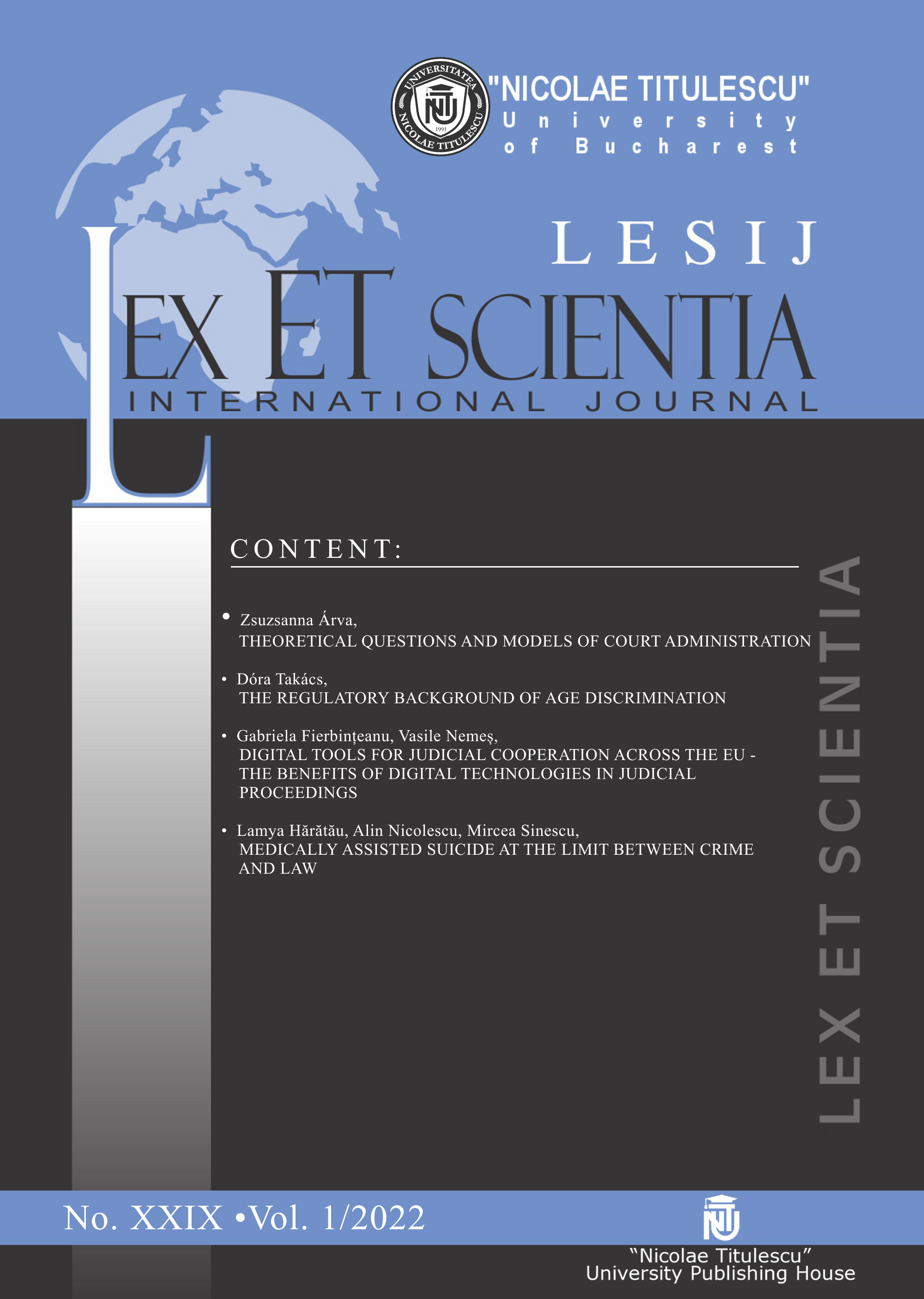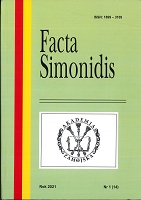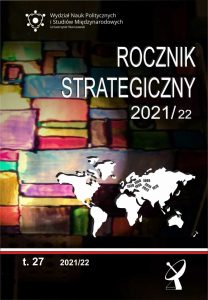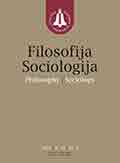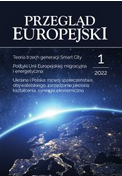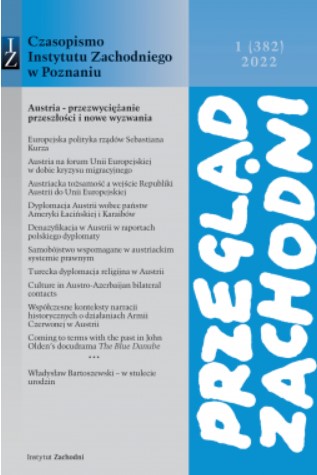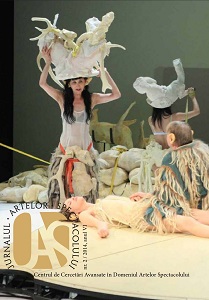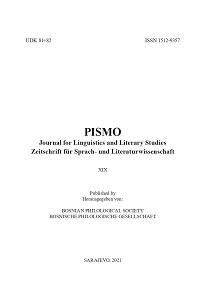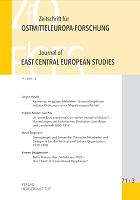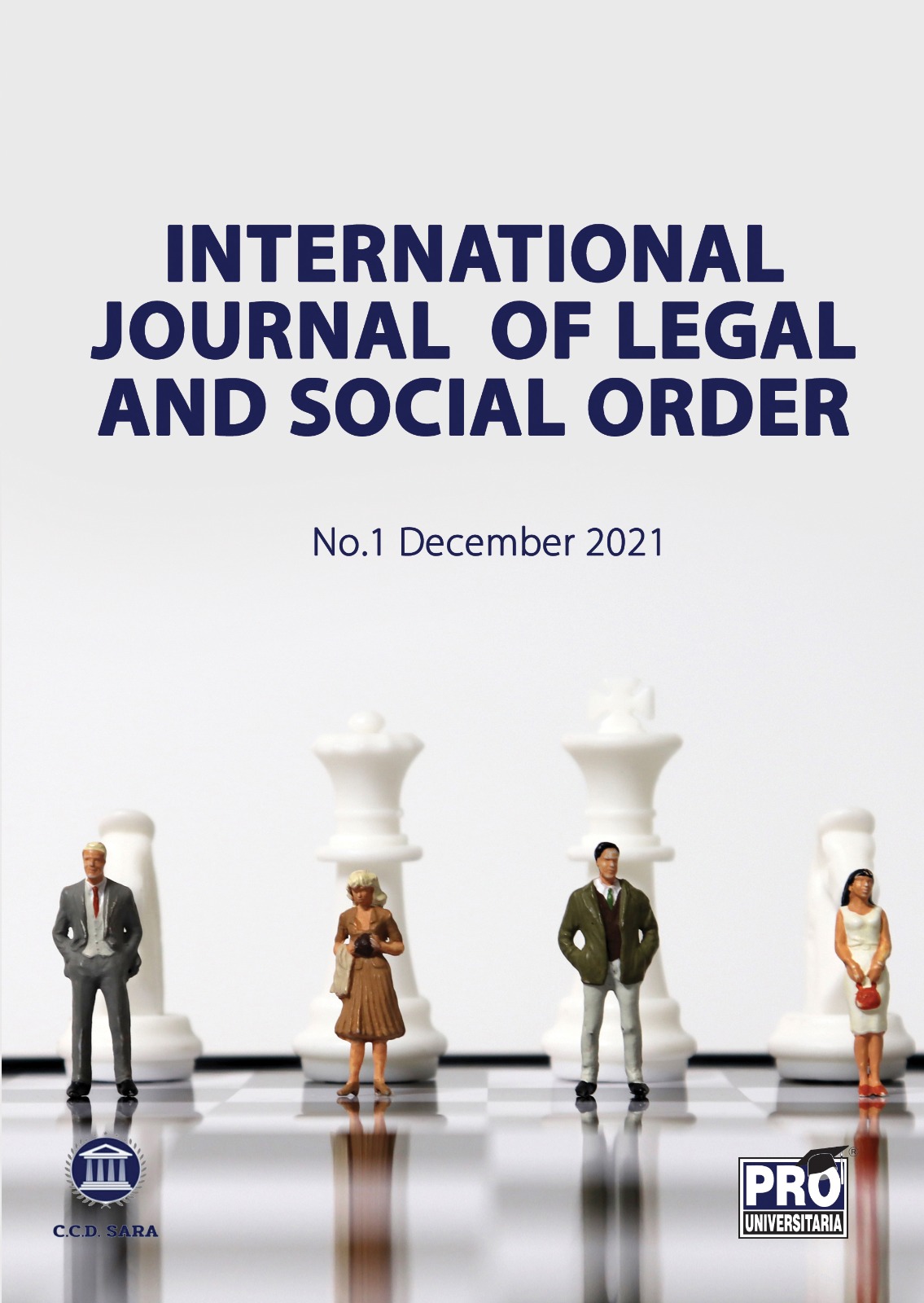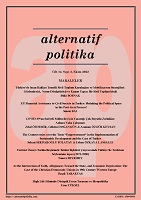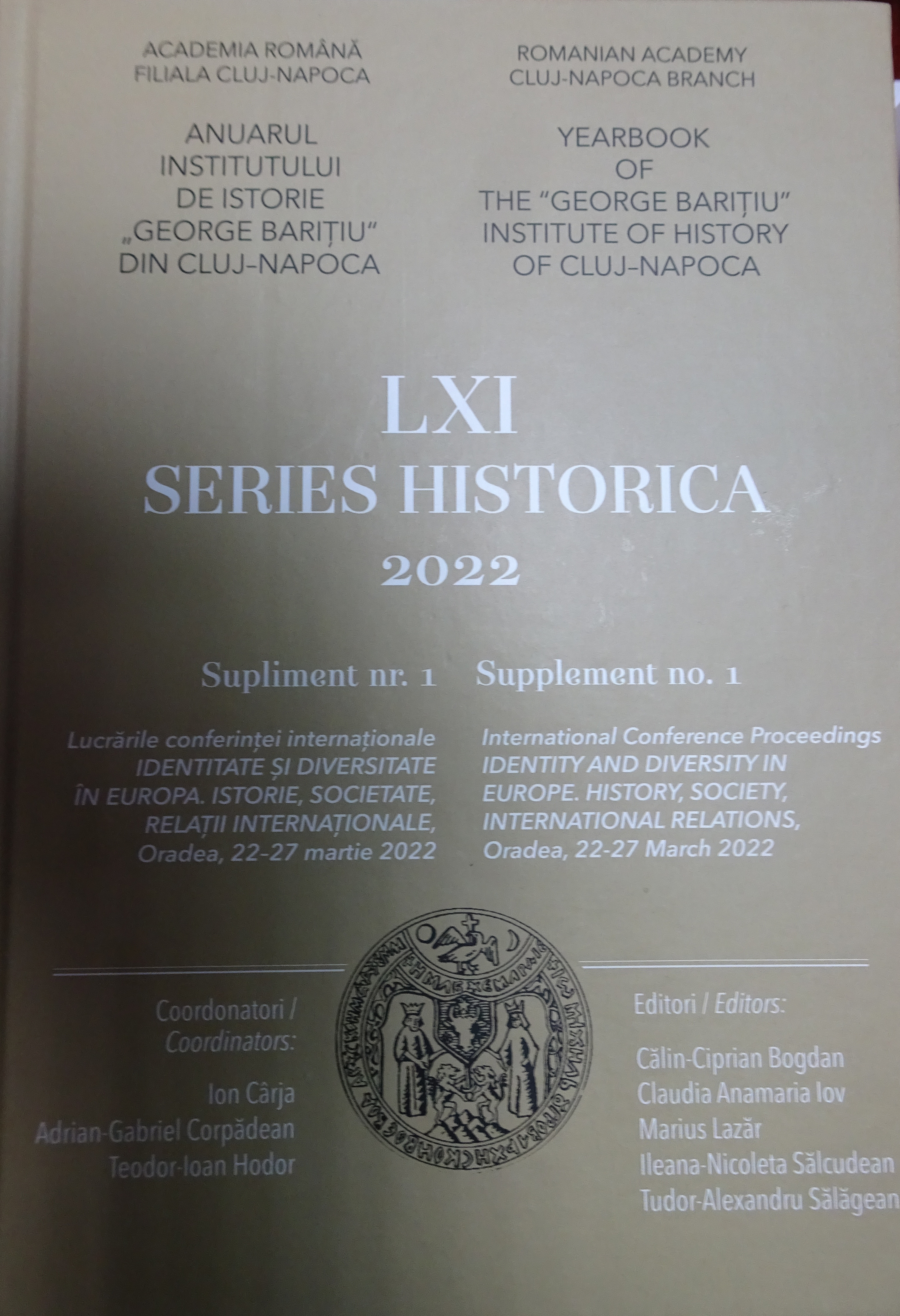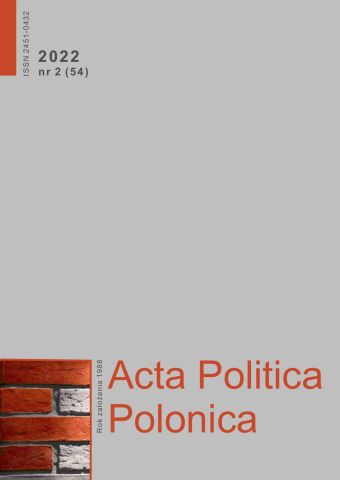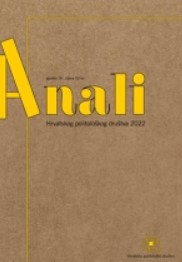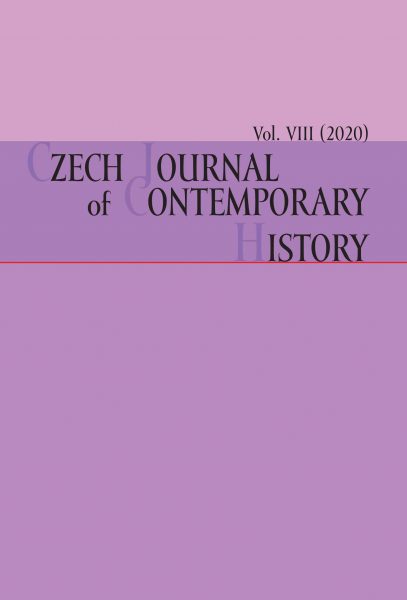
Trajectories of Romani Migrations and Mobilities in Europe and Beyond (1945–present)
The conference Trajectories of Romani Migrations and Mobilities in Europe and Beyond (1945–present) was held in Villa Lanna in Prague on 16–18 September 2019. It examined multiple dimensions of Romani mobilities since 1945 and analyzed connections between forms of past mobilities and migrations and the most recent movements of various Romani groupings. It was intended as a response to a lack of reflection in the emerging field of Romani migration and mobilities studies on historical continuities and social trajectories. The conference pointed to the need for more comparative, intersectional and historically rooted research.
More...
